Iowa is known for its vibrant small towns like Decorah and thriving cities such as Des Moines, Cedar Rapids, and Iowa City. But driving through these scenic communities means following the state’s strict laws, especially when it comes to drunk driving enforcement. One critical aspect of these laws is your responsibility when asked to submit to a breathalyzer test during a traffic stop. What happens if you refuse—right at the roadside—in Iowa? This comprehensive guide walks you through every detail, with real facts, statistics, and city-specific insights relevant for all Iowans on the road today.
Understanding Iowa’s Implied Consent Law
The Foundation of Implied Consent
Simply by driving in Iowa, whether you call Sioux City home or are commuting through Ankeny, you agree to abide by what’s known as implied consent. This law means that every driver, upon receiving their Iowa driver’s license, implicitly consents to chemical testing (breath, blood, or urine) if a law enforcement officer suspects operating while intoxicated (OWI).
When Implied Consent Applies
Implied consent is triggered whenever an officer in any Iowa community—from West Des Moines to Dubuque—has reasonable grounds to believe that a driver is operating under the influence. This can result from:
- Failing a field sobriety test in downtown Ames.
- Being involved in an accident in Council Bluffs.
- Exhibiting erratic driving on I-80 near Coralville.
The officer must have probable cause, and certain statutory requirements must be met before requesting a chemical test.
The Stop: What Happens During an Iowa OWI Investigation
The Role of the Officer
Upon being stopped—whether in rural Warren County or the heart of Mason City—an officer will observe your behavior. This involves:
- Assessing appearance, speech, and responsiveness.
- Asking questions about alcohol or substance use.
- Requesting a preliminary breath test (PBT) on the roadside.
The Breathalyzer Request
If circumstances suggest impairment (such as moderate to severe alcohol odor, glassy eyes, or slurred speech), the officer will explain that you are subject to Iowa’s implied consent law and request a breathalyzer test—typically at the station or mobile facility.
The Moment of Refusal: What Are Your Options?
Can You Refuse the Test?
Yes, every driver in Iowa has the legal right to refuse a chemical test. This decision may happen for many reasons, such as fear of self-incrimination, personal beliefs, or misconceptions about the process. The officer must inform you of the consequences before administering the test, giving you the chance to make an informed choice.
What Happens Immediately After Refusal?
- The officer will confiscate your physical driver’s license on the spot, regardless of whether you live in Pella, Bettendorf, or Marshalltown.
- You’ll be issued a temporary 10-day license, allowing you to arrange alternative transportation or seek legal assistance.
Iowa License Suspension for Breathalyzer Refusal
Automatic License Revocation
The most significant repercussion of refusing a breathalyzer test in Iowa is the automatic suspension of your driver’s license. Here’s how it works statewide:
- First-time refusal: Your license is revoked for one year—a stiff penalty whether you rely on the roads of Cedar Rapids for daily commutes or only drive occasionally in Waverly.
- Subsequent refusals: If you’ve had a prior OWI-related revocation within the past 12 years, the suspension jumps to two years.
These penalties are administrative and handled by the Iowa Department of Transportation (DOT), separate from any criminal proceedings.
Civil Penalties and Additional Requirements
Along with license revocation, a civil penalty is assessed. Drivers are required to pay a fine, often up to $200, and become ineligible for deferred judgment on the OWI offense—a significant consideration, as deferred judgments can help first-time offenders avoid a criminal record.
Impact Across Iowa Cities
Urban Centers
Des Moines and Cedar Rapids see a concentration of OWI stops and related hearings due to larger populations and more nightlife activity. Police departments in these cities have streamlined processes for OWI investigations and are well-versed in handling refusals.
College Towns
Iowa City and Ames report high rates of alcohol-related traffic stops, especially during football season and major campus events. Law enforcement in these college towns is particularly vigilant, and students may face serious academic and legal consequences beyond license loss.
Rural Communities
Drivers in places like Storm Lake and Decorah are not exempt. Iowa State Patrol and county sheriffs rigorously enforce OWI laws even on rural highways and backroads. Refusals in these areas lead to the same administrative license penalties and can have outsized local effects, as public transportation options are limited.
Restricted and Temporary Licenses: Can You Get Back on the Road?
Applying for a Temporary Restricted License (TRL)
After refusing a breathalyzer, you may be eligible to apply for a temporary restricted license. This option is vital for drivers in both greater metropolitan areas like Waterloo and sparsely populated regions such as Sac City.
To obtain a TRL, several conditions must be met:
- Install an ignition interlock device on every vehicle you operate. This device requires a clean breath sample before your car will start.
- Pay the $200 civil penalty to the DOT.
- Meet additional criteria such as substance abuse evaluation or completion of a drinking drivers course.
A TRL typically allows travel to and from work, school, medical appointments, or substance abuse treatment—key for maintaining employment and family obligations in a state where many communities lack robust public transportation.
The Legal Landscape: Your Rights and the Court’s Perspective
Evidence of Refusal in Court
Refusing a breathalyzer doesn’t guarantee success fighting the OWI charge. Iowa law permits the prosecutor to use your refusal as evidence in court, which may be presented as consciousness of guilt to jurors in places like Davenport or smaller communities like Centerville.
No Deferred Judgment Option
One of the harshest consequences of refusal is loss of eligibility for deferred judgment. In practical terms, a first-time OWI offender with no refusal could, in some circumstances, enter a guilty plea, complete court-ordered requirements, and have the conviction removed from their record. Once you refuse the chemical test, this opportunity disappears, and the charge remains on your permanent record.
Administrative Hearings
Every Iowa driver has the right to contest their license revocation through an administrative hearing with the DOT. While these hearings are not criminal trials, they provide an avenue to challenge whether the officer followed protocol or had valid grounds to request the test.
Key Stats and Facts: The State of OWI Enforcement in Iowa
- The Iowa Department of Public Safety reports several thousand OWI arrests statewide each year.
- The average blood alcohol concentration among tested OWI suspects typically exceeds 0.13%, well above the legal limit of 0.08%.
- Studies show that license suspensions due to breathalyzer refusal account for a significant proportion of total OWI-related suspensions, with urban areas like Sioux City and suburban hubs like West Des Moines contributing notably to the statistics.
- Ignition interlock installations are most commonly reported in Polk County (Des Moines area) and Johnson County (Iowa City).
Life Without a License: Everyday Impact on Iowans
Being unable to drive in Iowa is a considerable hardship, especially in communities like Spencer or Oskaloosa where mass transit is limited. People often struggle with:
- Commuting to work, sometimes risking job loss or reduced hours.
- Transporting children to school or daycare.
- Keeping up with medical appointments or family obligations.
It’s not uncommon for drivers to risk further penalties by operating a vehicle while revoked. Penalties for driving with a suspended license range from additional fines to possible jail time.
The Future: Changing Trends and Technology
The landscape of OWI enforcement in Iowa is evolving:
- Increased use of dashboard and body cameras by police in Cedar Rapids, Marion, and Dubuque ensures all elements of the stop and request for chemical testing are recorded for fairness and review.
- Ignition interlock technology is improving, with devices becoming more user-friendly and widely available.
- As of the latest legislative updates, there are ongoing discussions about increasing educational outreach, especially for young adults and college students, in an effort to reduce both OWI incidents and the number of refusals.
What To Do If You’re Facing License Revocation
Facing an OWI stop—whether in the heart of Des Moines or a rural byway in Cherokee—is stressful. Quick, informed action is critical. Here’s what you should do:
- Remain calm and respectful; the outcome may hinge on your behavior during the stop.
- Understand the implied consent warning read by officers and the implications before you decide.
- Consult with an experienced Iowa OWI attorney as soon as possible.
- Consider requesting an administrative hearing right away if you wish to challenge your license revocation.
Frequently Asked Questions
Is Refusing a Breathalyzer a Criminal Offense in Iowa?
Refusing the test itself is not a criminal offense but leads to administrative license revocation and civil penalties. You can still be charged and convicted of OWI based on other evidence.
Does Refusal Affect Commercial Drivers Differently?
Yes, commercial drivers in Iowa, including those delivering goods from Mason City to Sioux City, face stricter standards. A BAC of 0.04% triggers additional administrative penalties, and a refusal can jeopardize a commercial driver’s livelihood.
Is the Refusal Admissible as Evidence?
Absolutely. In Iowa, courts allow prosecutors to mention your refusal before a jury, which can be used to argue you were likely impaired.
Final Thoughts: Making the Right Choice on Iowa Roads
Choosing whether to take or refuse a breathalyzer test in Iowa can have lasting impacts well beyond the night of the stop. From Cedar Rapids’ bustling downtown to the historic streets of Dubuque, the laws are clear and consistently enforced. Losing your license—sometimes for a full year or longer—can disrupt every aspect of daily life, from holding a job to caring for your family.
Before you get behind the wheel, consider the consequences. And if you ever find yourself facing a decision at a traffic stop, knowing your rights and responsibilities can make all the difference. For all Iowans—from Fort Dodge to Clinton—the safest option is always to choose a sober driver, call a cab, or use a rideshare. Protecting your license means protecting your future in the Hawkeye State.

Mrs. Odice has been a teacher here for 9 years. She likes yoga and spends most of her time with her 3 kids. She also grew up going to Douglas County schools and is Canadian.

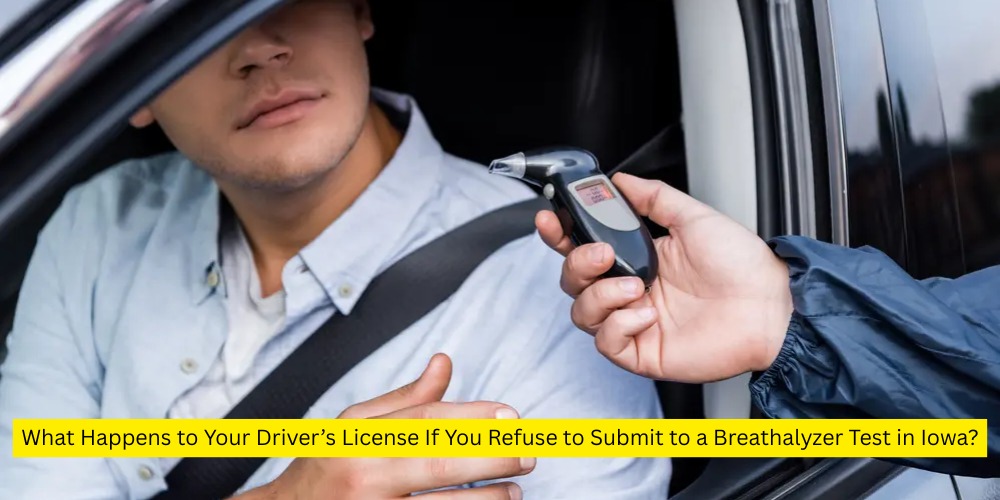
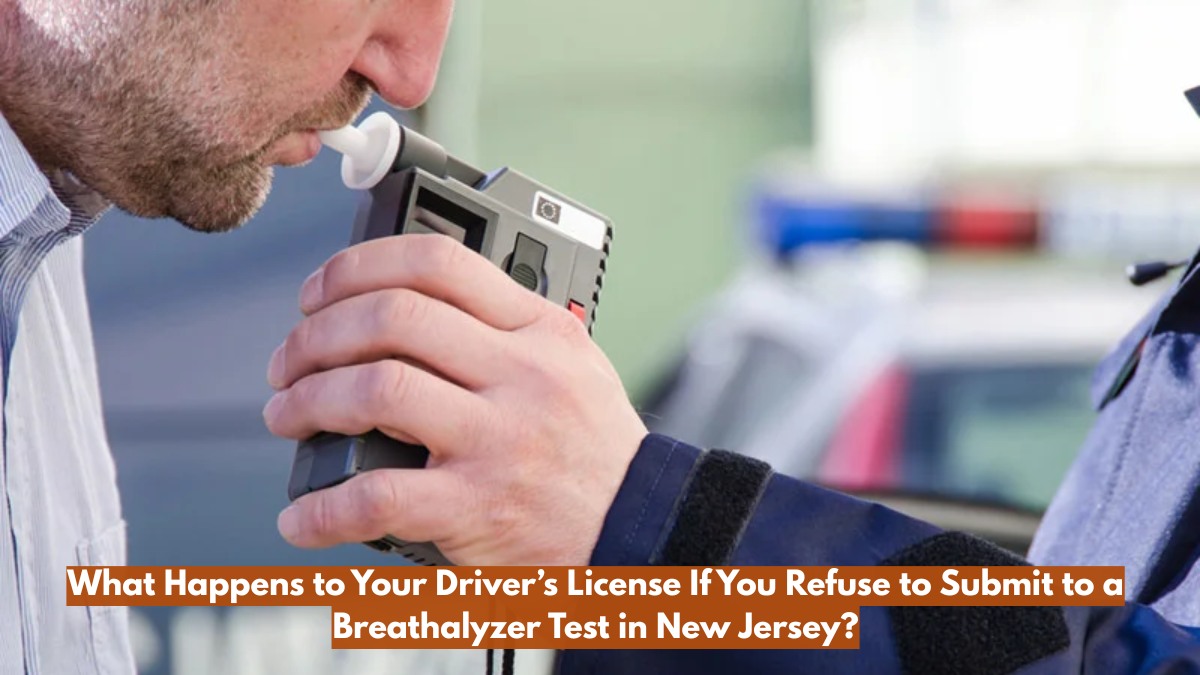
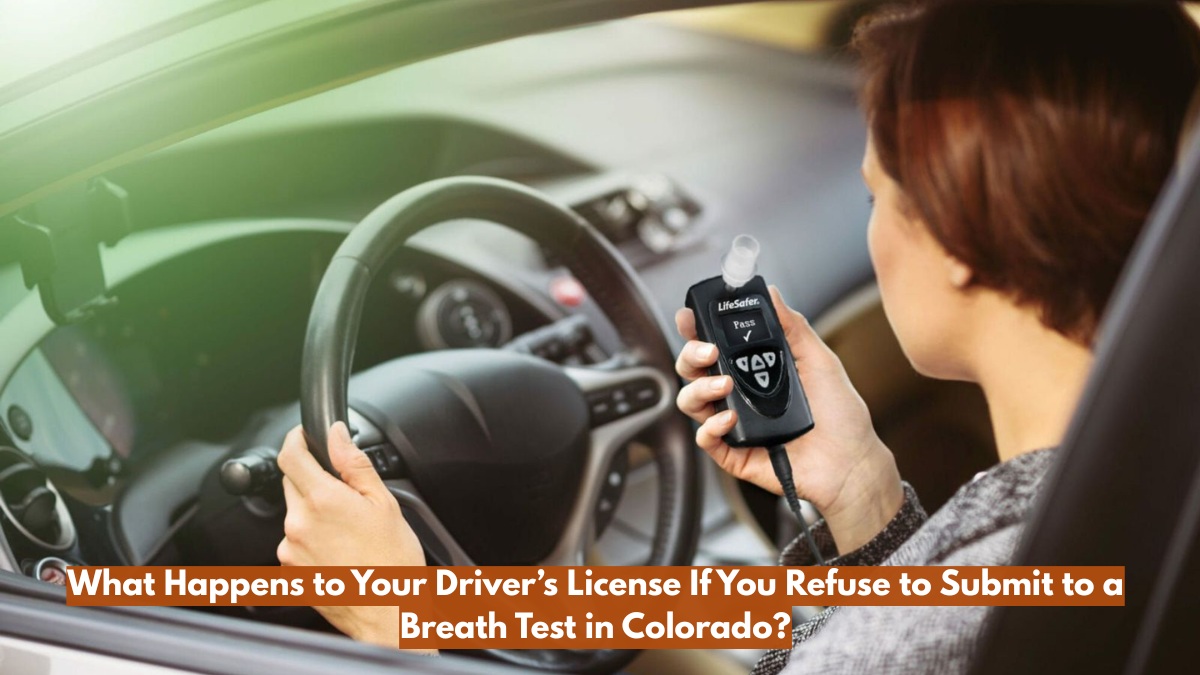
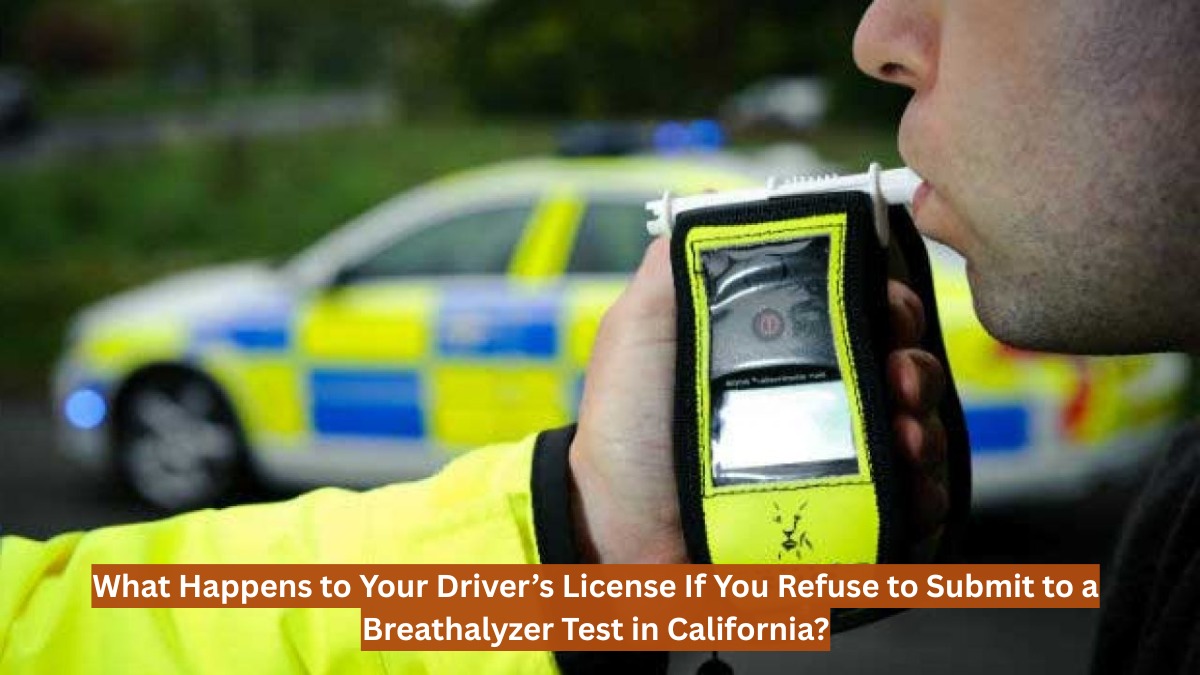
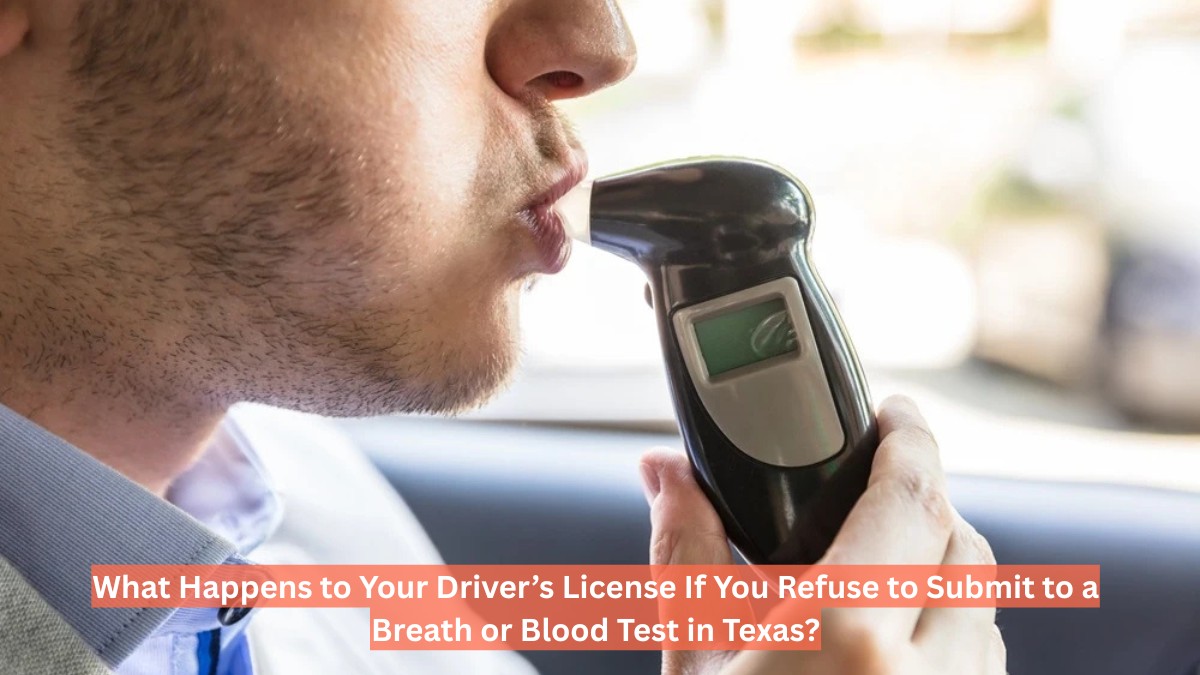


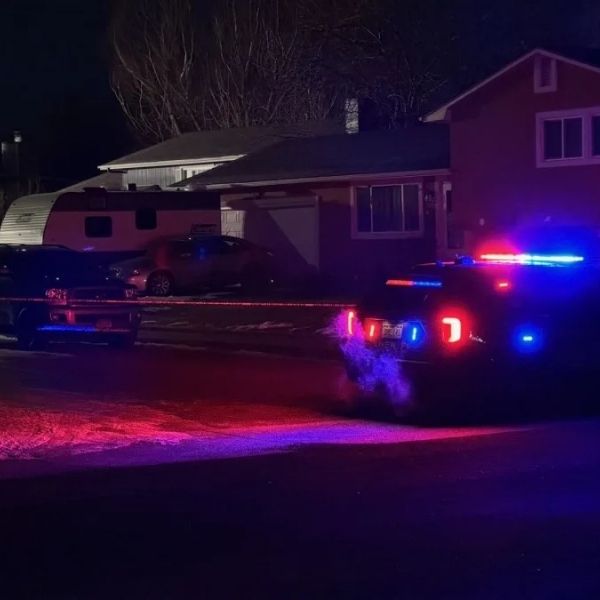
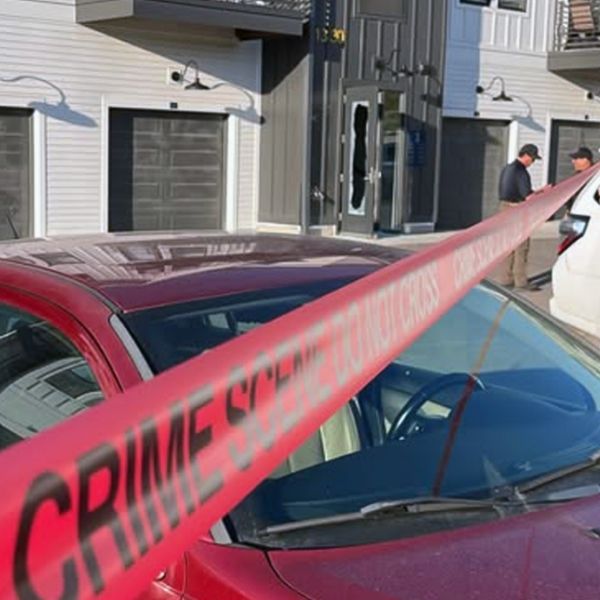
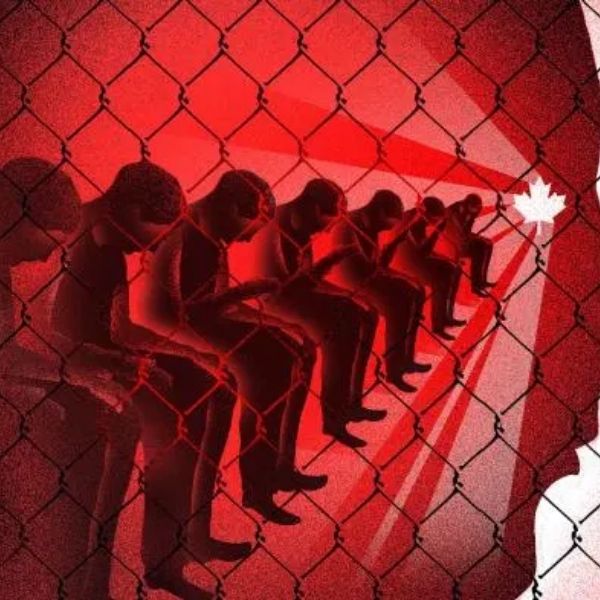
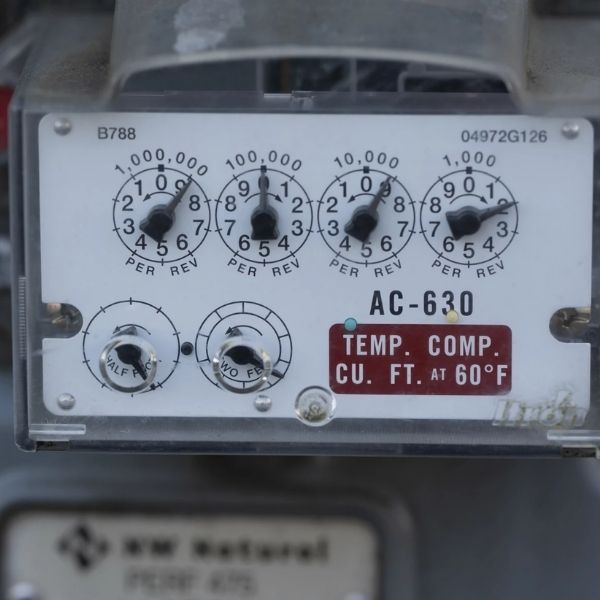



Leave a Reply